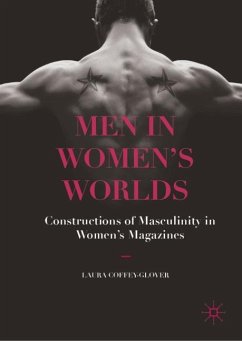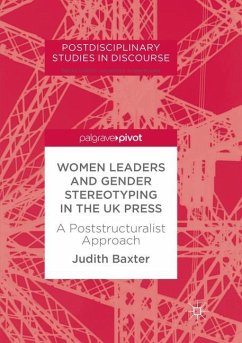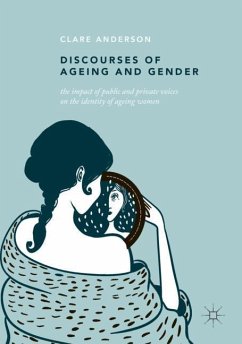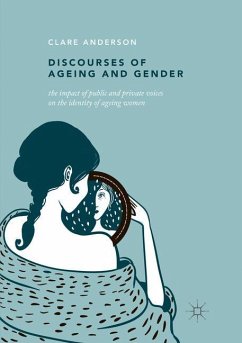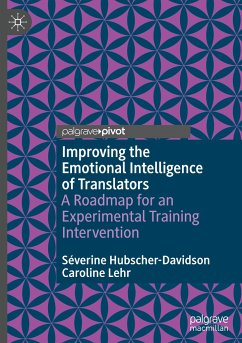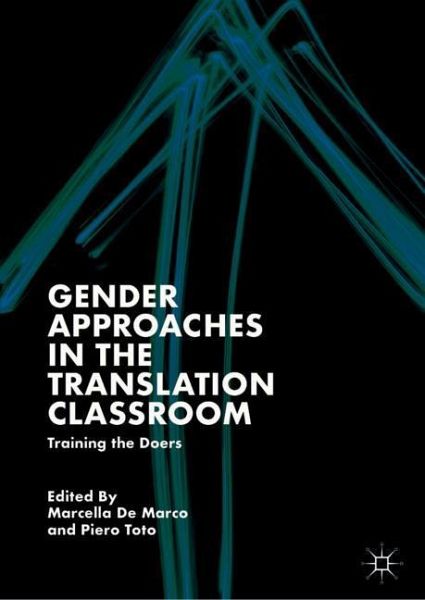
Gender Approaches in the Translation Classroom
Training the Doers
Herausgegeben: De Marco, Marcella; Toto, Piero

PAYBACK Punkte
49 °P sammeln!
This volume examines strategies for embedding gender awareness within translation studies and translator training programmes. Drawing on a rich collection of theoretically-informed case studies, its authors provide practical advice and examples on implementing gender-inclusive approaches and language strategies in the classroom. It focuses on topics including, how to develop gender-inclusive practices to challenge students' attitudes and behaviours; whether there are institutional constraints that prevent trainers from implementing non-heteronormative practices in their teaching; and how gende...
This volume examines strategies for embedding gender awareness within translation studies and translator training programmes. Drawing on a rich collection of theoretically-informed case studies, its authors provide practical advice and examples on implementing gender-inclusive approaches and language strategies in the classroom. It focuses on topics including, how to develop gender-inclusive practices to challenge students' attitudes and behaviours; whether there are institutional constraints that prevent trainers from implementing non-heteronormative practices in their teaching; and how gender awareness can become an everyday mode of expression. Positioned at the lively interface of gender and translation studies, this work will be of interest to practitioners and scholars from across the fields of linguistics, education, sociology and cultural studies.





